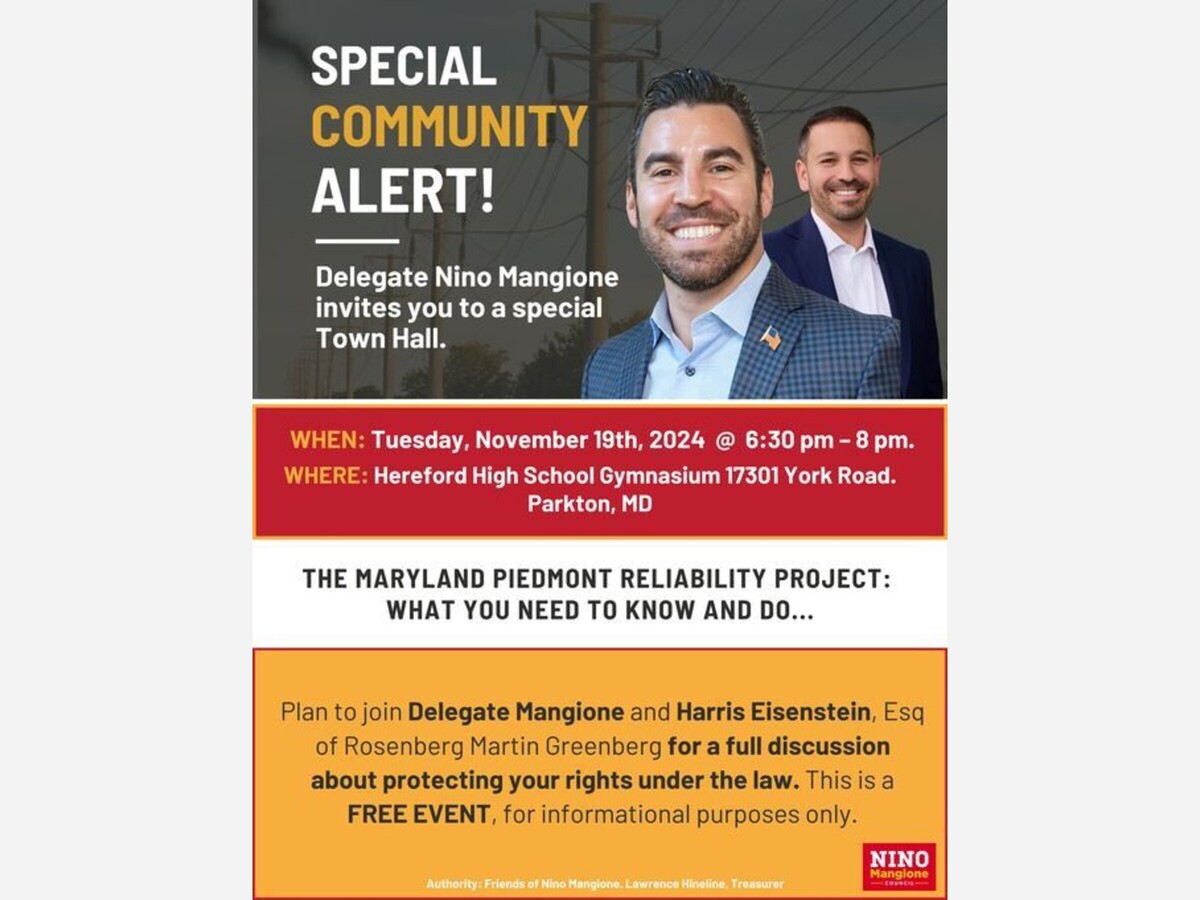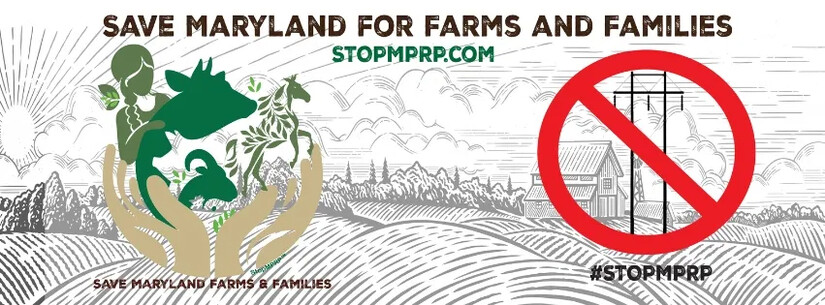|
CPCN Review Process
Initiation of Proceedings:
- The Commission assigns the application to a formal proceeding, which may be conducted by all five Commissioners of the PSC or by a panel of three Commissioners or two Commissioners and a Public Utility Law Judge (PULJ).
- The Commission may delegate to a Public Utility Law Judge to conduct the proceedings
- A Notice of Pre-hearing Conference is issued that has the date, time, and location of the conference as well as the date petitions to intervene are due.
- The applicant is required to publish the notice in a newspaper(s) of general circulation in the county and/or municipal corporation in which the facility is to be located, as well as on the applicant’s website and at least two social media platforms.
- A procedural schedule is agreed upon, including setting the dates when pre-filed testimony is due from each party and a date(s) for an evidentiary hearing, and the number and timing of public comment hearing(s) is discussed
- Notice of Procedural Schedule is issued
- The notice is published on the Commission’s website on the date of issuance
Public Comment Hearing Process
Public hearings allow stakeholders to voice opinions and receive project information. We strongly encourage members of our Stop MPRP community to actively participate in this process—it is an invaluable opportunity to make our voices heard and shape the outcome. We’ll provide detailed information and resources ahead of these hearings to help you prepare effectively.
The hearings may be held in the area where the project will be constructed, or they may be held virtually, or a combination of both. The hearing may be live-streamed; a recording will be uploaded to the Commission’s YouTube channel (Maryland PSC) or the PULJ Division’s YouTube channel (MD PSC PULJs). A court reporter is also present, and a transcript of the hearing will be prepared.
The presiding officer (either the Commission or a Public Utility Law Judge) ensures impartiality, listening to comments but refraining from responses during the hearing. The governing body of the county or municipal corporation in which the project is proposed to be located is invited to join the Commission or Public Utility Law Judge in conducting the public hearing. Representatives of the applicant, OPC, and Staff are present in the event if any member of the public has a substantive question about the project.
Public comments are heard, and the applicant, PSEG, may present a project summary before statements are taken. Each member of the public who wishes to make a comment will come to the microphone when called and present an oral statement. A time limitation may be placed based on the number of persons wishing to comment.
Written comments also may be filed with the Commission, by mail or electronically through the Commission’s website. Written comments may be submitted now via emailing: piedmontcomments.psc@maryland.gov
Evidentiary Hearings
Evidentiary hearings, typically held at the Commission’s Baltimore offices, allow parties of record to present witnesses for cross-examination. Only parties of record participate, but public may attend and watch the proceedings. These sessions are livestreamed via YouTube for public viewing.
Post-Hearing and Decision Process
After evidentiary hearings a briefing schedule may be established.
If case is before a Public Utility Law Judge, the Judge issues a proposed order, which may be appealed to the Commission by a party for a review of an issue(s) – generally a 30-day appeal period. The Commission may, on its own motion, initiate further proceedings or modify the proposed order.
- If an appeal is taken of the proposed order, the Commission issues the final Order.
- If no appeal is taken of a proposed order, it becomes a final Order of the Commission.
If the matter is before the Commission, it issues a final Order.
Appeals
Any party, other than the MD PSC Staff, or person in interest that is dissatisfied with the final Order may seek judicial review of the Order in the Circuit Court for Baltimore City or the Circuit Court for any county in which the public service company that was a party in the proceeding provides service
Key Parties in Process
Note: This is not an exhaustive list but includes the stakeholders currently known to be involved.
- Office of People’s Counsel (OPC): Represents residential ratepayer interests. The Maryland Office of People’s Counsel has publicly voiced concerns regarding the Maryland Piedmont Reliability Project.
- PSC Technical Staff: Primarily responsible for assessing the reliability and stability of Maryland’s electric grid.
- US Army Corps of Engineers: Permits for permanent impacts to wetlands.
- Federal Aviation Administration (FAA): Notifications related to tower structures.
- Maryland Historical Trust: Compliance with Section 106 of the National Historic Preservation Act and related reviews.
- Maryland Department of the Environment (MDE):
- NPDES General Permit: For Stormwater Construction Activities.
- Nontidal Wetlands: Both Nontidal and Tidal Letters of Authorization.
- Coastal Zone Management: Coastal Zone Consistency determination.
- County National Flood Insurance Program (NFIP): Permits related to floodplain management.
- County Stormwater Management: Permits for stormwater and grading.
- Soil Conservation District: Certification for the Soil Erosion and Sediment Control Plan.
- Maryland Department of Transportation: Coordination and compliance.
- State Highway Administration: Permits for state highway crossings.
For MPRP, the CPCN process provides our community an opportunity to actively participate, voice concerns, and engage with regulatory bodies that oversee the project. By understanding the involved agencies and procedures, stakeholders can better navigate this complex process and advocate effectively. We will continue to share information in the coming weeks and months, but this information serves as a framework for the next step in our fight against the MPRP.
|


